Home>Maintenance & Safety>Home Maintenance Checklists>How To Racoon Proof Trash Can
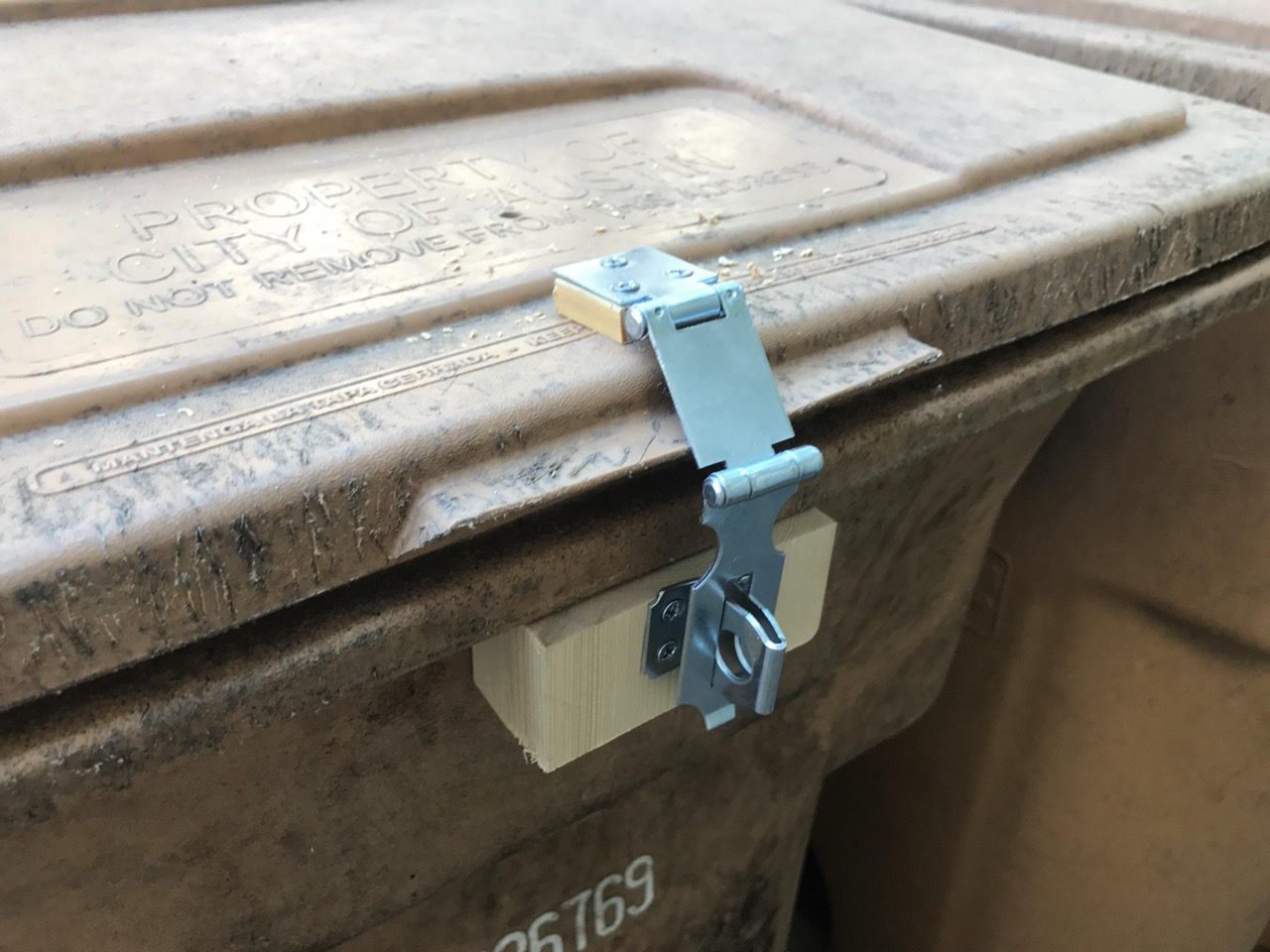

Home Maintenance Checklists
How To Racoon Proof Trash Can
Published: January 17, 2024
Learn how to raccoon-proof your trash can with our comprehensive home maintenance checklists. Keep your garbage secure and your property critter-free!
(Many of the links in this article redirect to a specific reviewed product. Your purchase of these products through affiliate links helps to generate commission for Storables.com, at no extra cost. Learn more)
Introduction
Welcome to the ultimate guide on protecting your trash can from raccoons. Dealing with pesky raccoons rummaging through your garbage can be a frustrating and messy experience. However, with the right strategies and tools, you can effectively raccoon-proof your trash can and keep these nocturnal bandits at bay.
In this comprehensive guide, we will delve into the behavior of raccoons, explore the best trash can options for deterring them, and discuss various methods for securing your trash can lid. Additionally, we will cover the use of deterrents and the importance of regular maintenance to ensure long-term success in keeping raccoons away from your trash.
By the end of this article, you will be equipped with the knowledge and practical tips needed to protect your trash can from raccoons, preventing unwanted messes and preserving the cleanliness of your outdoor space. Let's dive in and learn how to effectively raccoon-proof your trash can!
Key Takeaways:
- Choose a sturdy, locking trash can to keep raccoons out. Look for heavy-duty materials, secure lids, and easy access for you but not for raccoons. This sets a strong foundation for raccoon-proofing success!
- Regularly maintain your trash can and use deterrents like ammonia-soaked rags and motion-activated lights to keep raccoons away. Consistent upkeep ensures a clean and raccoon-free outdoor space for your household.
Read more: How To Put A Trash Bag In The Trash Can
Understanding Raccoon Behavior
Before implementing raccoon-proofing measures, it’s essential to understand the behavior of these intelligent and resourceful creatures. Raccoons are primarily nocturnal animals, meaning they are most active during the night. They are omnivorous and highly opportunistic, feeding on a wide range of foods, including fruits, vegetables, insects, small animals, and human waste found in trash cans.
Raccoons are known for their dexterous front paws, which enable them to open latched lids and manipulate various types of closures. They are also adept climbers and can easily scale fences and other obstacles to access trash cans. Understanding these behaviors is crucial in devising effective strategies to deter raccoons from accessing your trash.
Furthermore, raccoons are motivated by food and shelter, making residential areas with easily accessible trash cans an attractive target. By recognizing their tendencies and motivations, you can proactively take steps to make your trash can less appealing and more challenging for raccoons to breach.
By gaining insights into raccoon behavior, you can tailor your raccoon-proofing efforts to effectively address their specific traits and tendencies, ultimately minimizing the likelihood of raccoon intrusion and preserving the cleanliness of your outdoor space.
Choosing the Right Trash Can
When it comes to raccoon-proofing your trash can, selecting the right container is a crucial first step. Opting for a trash can specifically designed to deter raccoons can significantly reduce the likelihood of unwanted intrusions. Here are key factors to consider when choosing the ideal trash can:
- Material: Opt for a sturdy and durable trash can made of materials such as heavy-duty plastic or metal. Raccoons are adept at tearing through flimsy containers, so choosing a robust option is essential.
- Size: Select a trash can with a secure-fitting lid that is appropriately sized to accommodate your household’s waste. A snugly fitting lid is crucial in preventing raccoons from prying it open.
- Lid Design: Look for a trash can with a secure, locking lid mechanism. Some options feature latches, clasps, or locking mechanisms that are specifically designed to thwart raccoon access.
- Weight: Consider a heavy-duty trash can that is challenging for raccoons to tip over or move. Heavier containers are less likely to be breached by raccoons attempting to access the contents.
- Ease of Use: While it’s important to choose a secure trash can, ensure that the lid is still easy for household members to open and close for regular waste disposal.
By carefully considering these factors, you can select a trash can that serves as an effective deterrent to raccoons while meeting your household’s waste management needs. Investing in a high-quality, raccoon-resistant trash can lays a solid foundation for successful raccoon-proofing efforts.
Securing the Trash Can Lid
Effectively securing the lid of your trash can is paramount in preventing raccoons from accessing its contents. Even the most robust trash can can be vulnerable if its lid is not properly secured. Here are several strategies for ensuring that the lid remains tightly closed:
- Locking Mechanisms: Consider using a trash can equipped with a locking mechanism designed to deter raccoons. Some models feature latches, clasps, or twist-lock lids that require manual manipulation to open, making it challenging for raccoons to breach.
- Bungee Cords or Straps: Utilize heavy-duty bungee cords or straps to firmly secure the lid to the trash can. Loop the cords over the lid and fasten them to the handles or base of the container, creating an additional barrier against raccoon intrusion.
- Weighted Lid: If your trash can lid is not inherently heavy, consider adding weights to it. This can be achieved by attaching heavy objects or weighted materials to the lid, making it more difficult for raccoons to lift and open.
- Duct Tape Reinforcement: For an interim solution, reinforce the lid with duct tape to provide extra resistance against raccoon tampering. While not a permanent fix, it can serve as a temporary deterrent until a more secure option is implemented.
By implementing these lid-securing strategies, you can significantly reduce the risk of raccoons accessing your trash can. It’s important to regularly inspect the integrity of the lid and promptly address any signs of wear or damage to maintain its effectiveness in deterring raccoons.
Use a bungee cord to secure the lid of your trash can, or invest in a locking lid. Keep the area around the trash can clean to reduce the smell that attracts raccoons.
Using Deterrents
In addition to securing the trash can itself, employing deterrents can further discourage raccoons from targeting your waste disposal area. Deterrents are effective in creating an environment that is unappealing or challenging for raccoons to navigate. Here are some proven deterrent methods to consider:
- Ammonia Soaked Rags: Placing rags soaked in ammonia around the trash can can create a strong odor that repels raccoons. The pungent scent of ammonia is known to deter these animals, making it less likely for them to approach the area.
- Motion-Activated Lights or Alarms: Installing motion-activated lights or alarms near the trash can can startle raccoons when they approach, prompting them to flee. The sudden activation of lights or alarms disrupts their comfort and can dissuade them from returning.
- Cayenne Pepper or Hot Sauce Barrier: Sprinkling cayenne pepper or hot sauce around the perimeter of the trash can can create a deterrent barrier. Raccoons have a strong sense of smell and taste, and the presence of these spicy substances can discourage them from exploring the area further.
- Ultrasonic Repellents: Utilizing ultrasonic devices designed to emit high-frequency sounds that are unpleasant to raccoons can effectively deter them from the vicinity of the trash can. These devices operate silently to humans but can disrupt raccoons’ comfort, prompting them to seek alternative locations.
By incorporating these deterrent methods into your raccoon-proofing strategy, you can create an environment that is less inviting to raccoons, reducing the likelihood of them targeting your trash can. It’s important to regularly assess and replenish deterrent measures to maintain their effectiveness over time.
Read more: What Is A Trash Can
Regular Maintenance
Consistent maintenance is crucial for sustaining the effectiveness of your raccoon-proofing efforts and ensuring long-term success in keeping raccoons away from your trash can. Regular maintenance involves proactive measures to inspect, reinforce, and adjust raccoon-proofing components as needed. Here are essential maintenance practices to uphold:
- Inspecting the Trash Can: Routinely examine the condition of the trash can, paying close attention to the lid, locking mechanisms, and overall structural integrity. Promptly address any signs of wear, damage, or vulnerabilities that could compromise its raccoon-resistant properties.
- Replacing Worn Components: If any components, such as locking mechanisms or lid fasteners, show signs of wear or malfunction, promptly replace them with suitable alternatives to maintain the trash can’s security.
- Replenishing Deterrents: Regularly replenish deterrents, such as ammonia-soaked rags or spicy barriers, to ensure their continued effectiveness. Weather and environmental factors can diminish the potency of deterrents over time, necessitating periodic renewal.
- Monitoring Surrounding Area: Keep the area surrounding the trash can well-maintained, minimizing potential hiding spots or pathways that raccoons could use to approach undetected. Trim overhanging branches and vegetation, and eliminate debris that could provide cover for raccoons.
- Community Awareness: Engage with neighbors and community members to raise awareness about raccoon-proofing practices. Encouraging collective efforts to secure trash cans can contribute to a cohesive approach in deterring raccoons from the entire neighborhood.
By consistently implementing these maintenance practices, you can uphold the integrity of your raccoon-proofing measures and mitigate the risk of raccoon intrusions. Regular maintenance not only safeguards your trash can from raccoons but also promotes a cleaner and more secure outdoor environment for your household.
Conclusion
Congratulations! You have now gained valuable insights into raccoon behavior and learned effective strategies for raccoon-proofing your trash can. By understanding the tendencies and motivations of raccoons, selecting a suitable trash can, securing the lid, using deterrents, and maintaining your raccoon-proofing measures, you are well-equipped to protect your waste disposal area from these persistent critters.
Implementing raccoon-proofing measures not only preserves the cleanliness of your outdoor space but also contributes to the well-being of your community by minimizing potential nuisances caused by raccoons. Additionally, by proactively addressing raccoon intrusion, you can help mitigate the risk of disease transmission and property damage associated with raccoons accessing residential areas.
Remember, raccoon-proofing is an ongoing endeavor that requires vigilance and regular maintenance to ensure its continued effectiveness. By staying proactive and engaging in consistent upkeep of your raccoon-proofing strategies, you can enjoy a cleaner, more secure outdoor environment free from the disruptions caused by raccoons.
With the knowledge and practical tips gained from this guide, you are well-prepared to safeguard your trash can and maintain a raccoon-free waste disposal area. By taking these proactive measures, you can effectively deter raccoons and enjoy a cleaner, more secure outdoor environment for you and your household.
Thank you for joining us on this journey to raccoon-proofing success. Here’s to a raccoon-free and mess-free waste disposal area!
Frequently Asked Questions about How To Racoon Proof Trash Can
Was this page helpful?
At Storables.com, we guarantee accurate and reliable information. Our content, validated by Expert Board Contributors, is crafted following stringent Editorial Policies. We're committed to providing you with well-researched, expert-backed insights for all your informational needs.
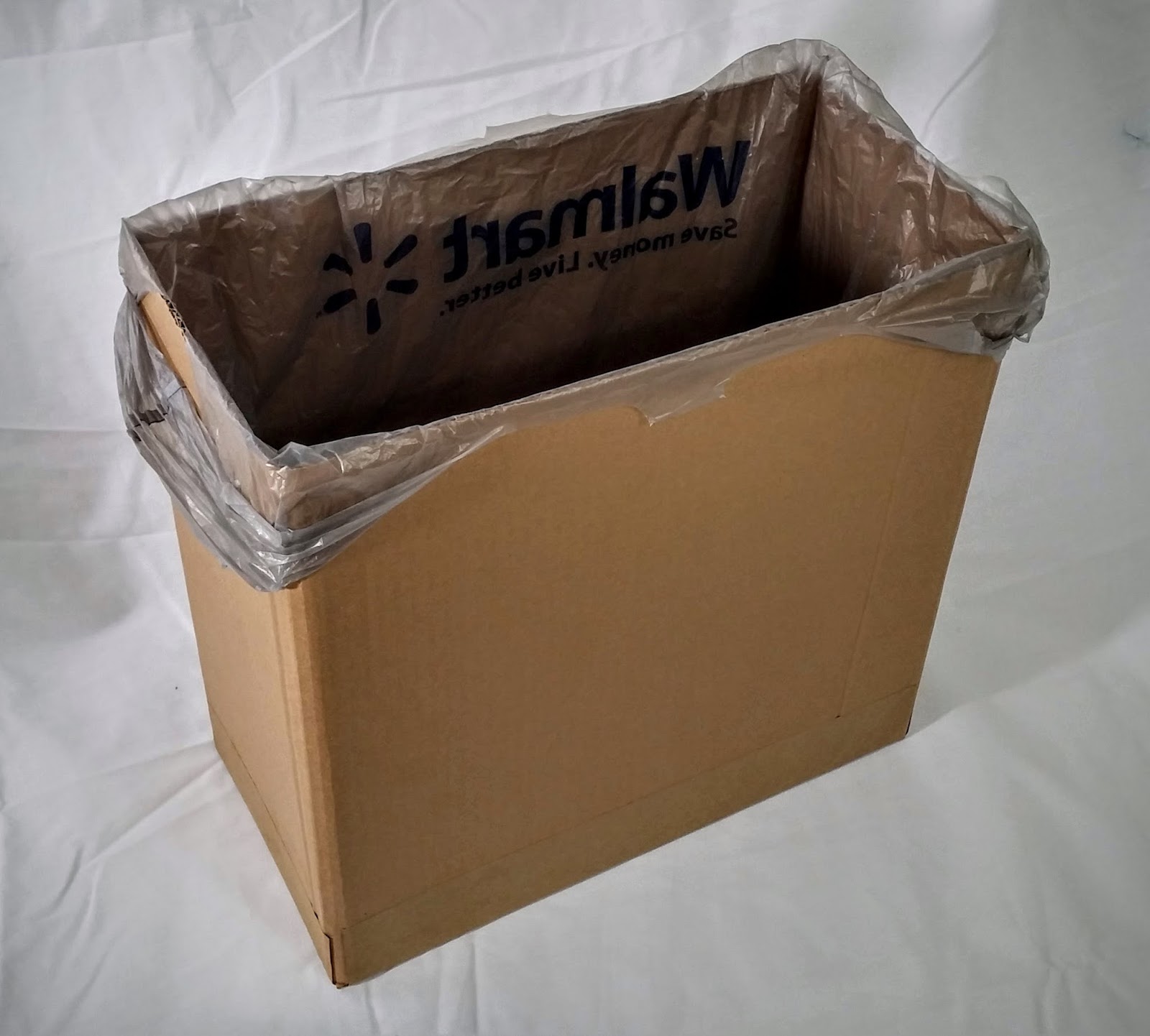
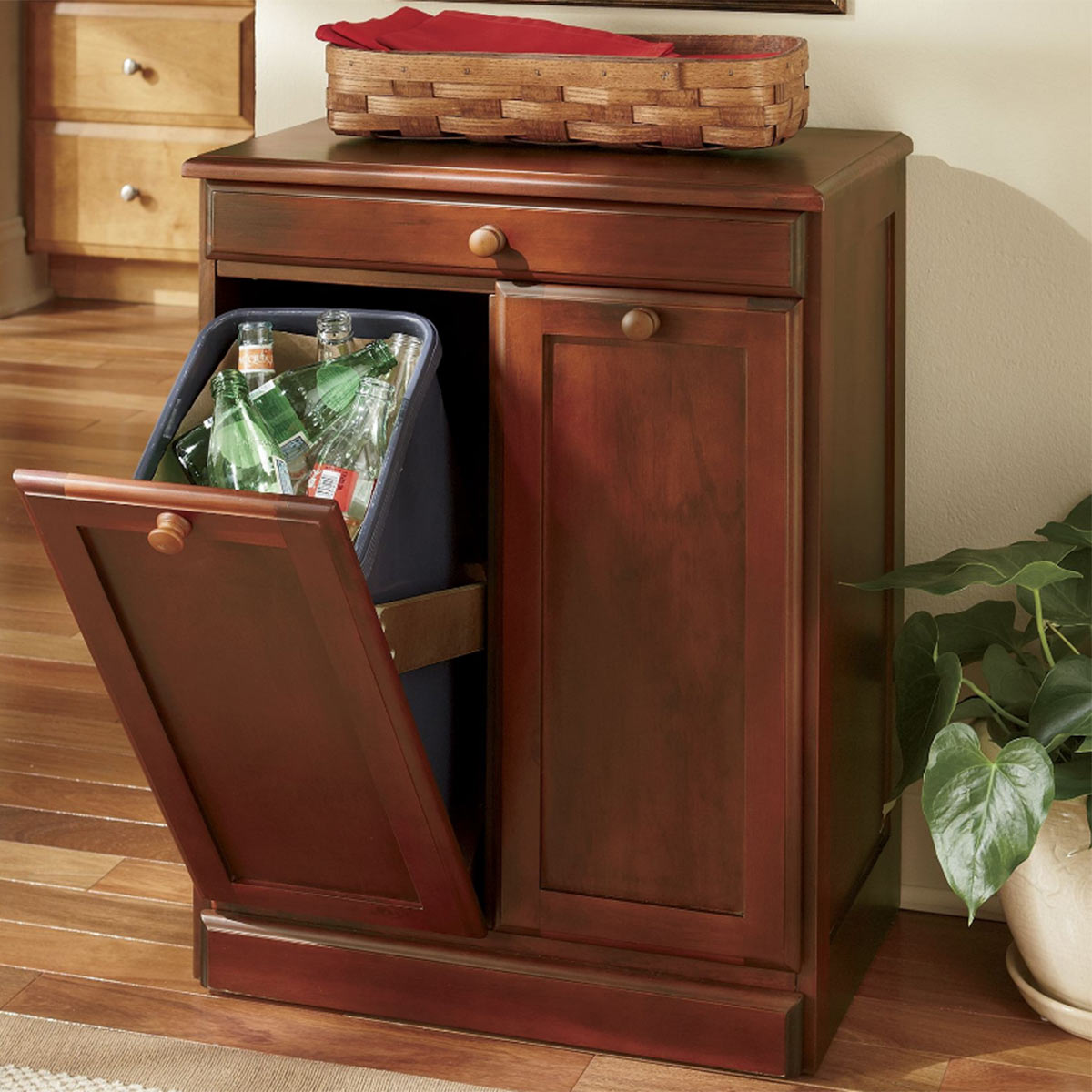
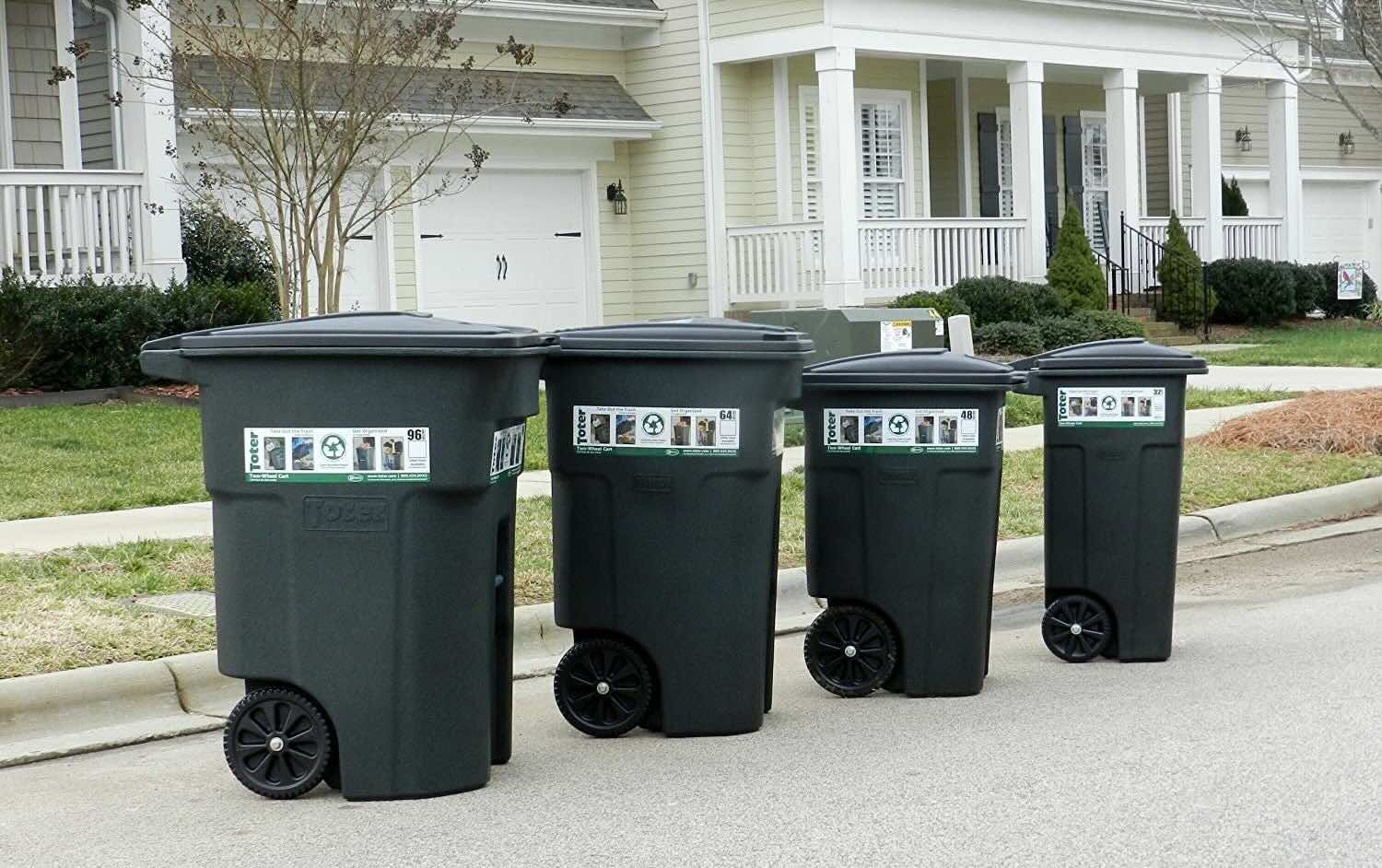
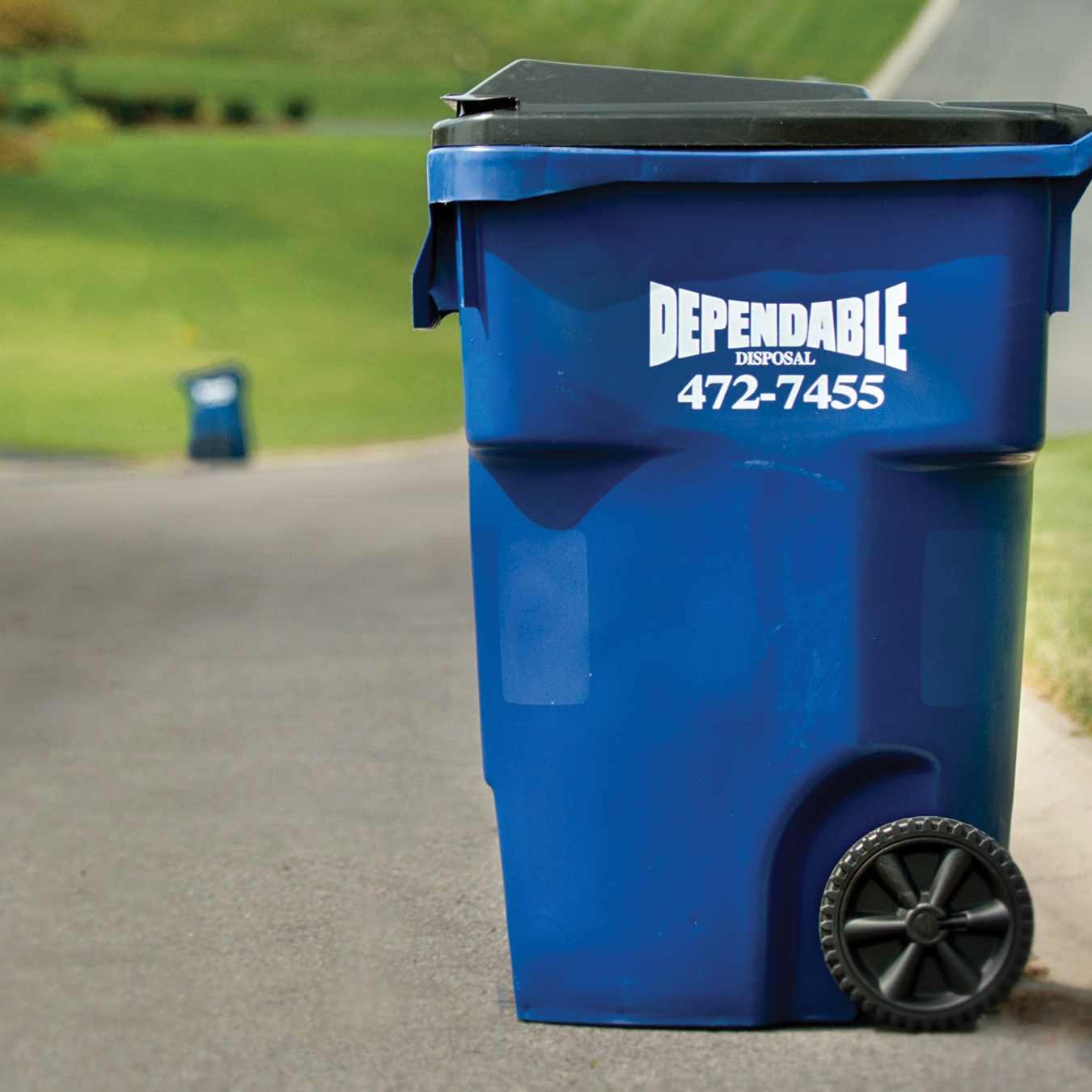
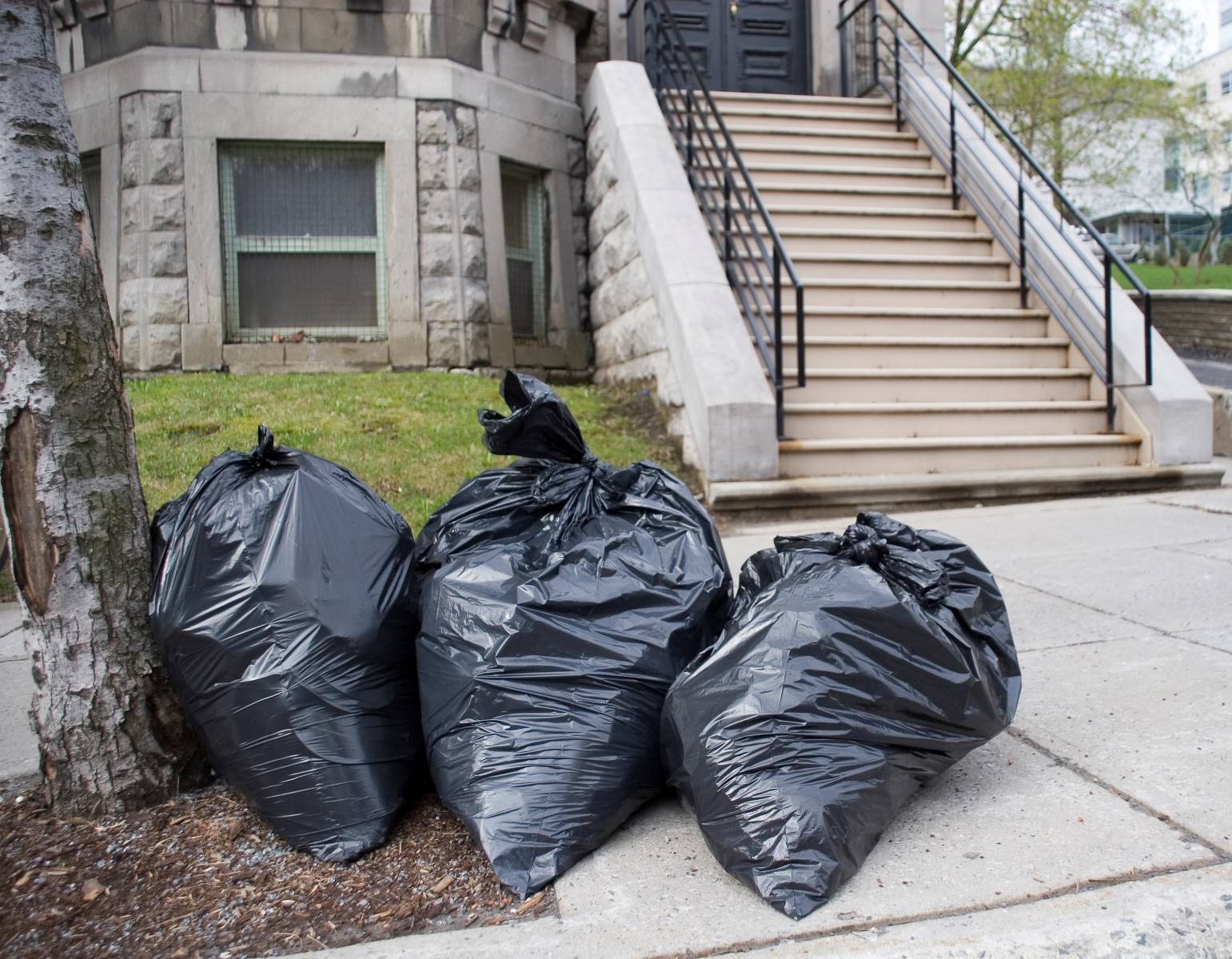
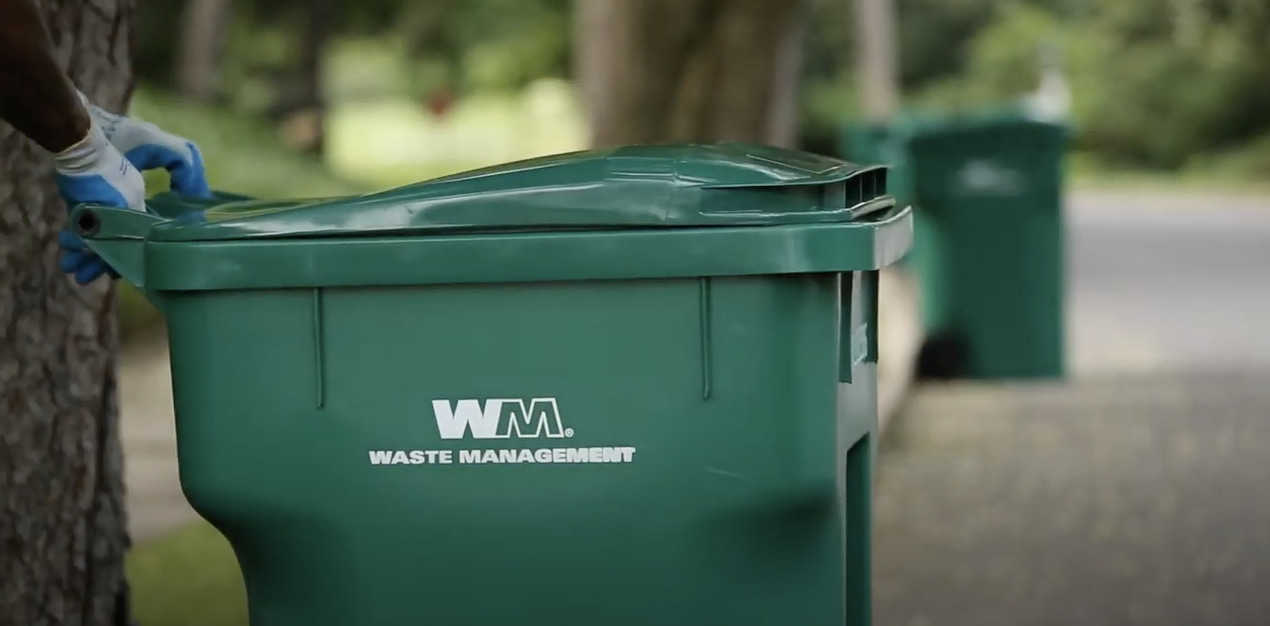
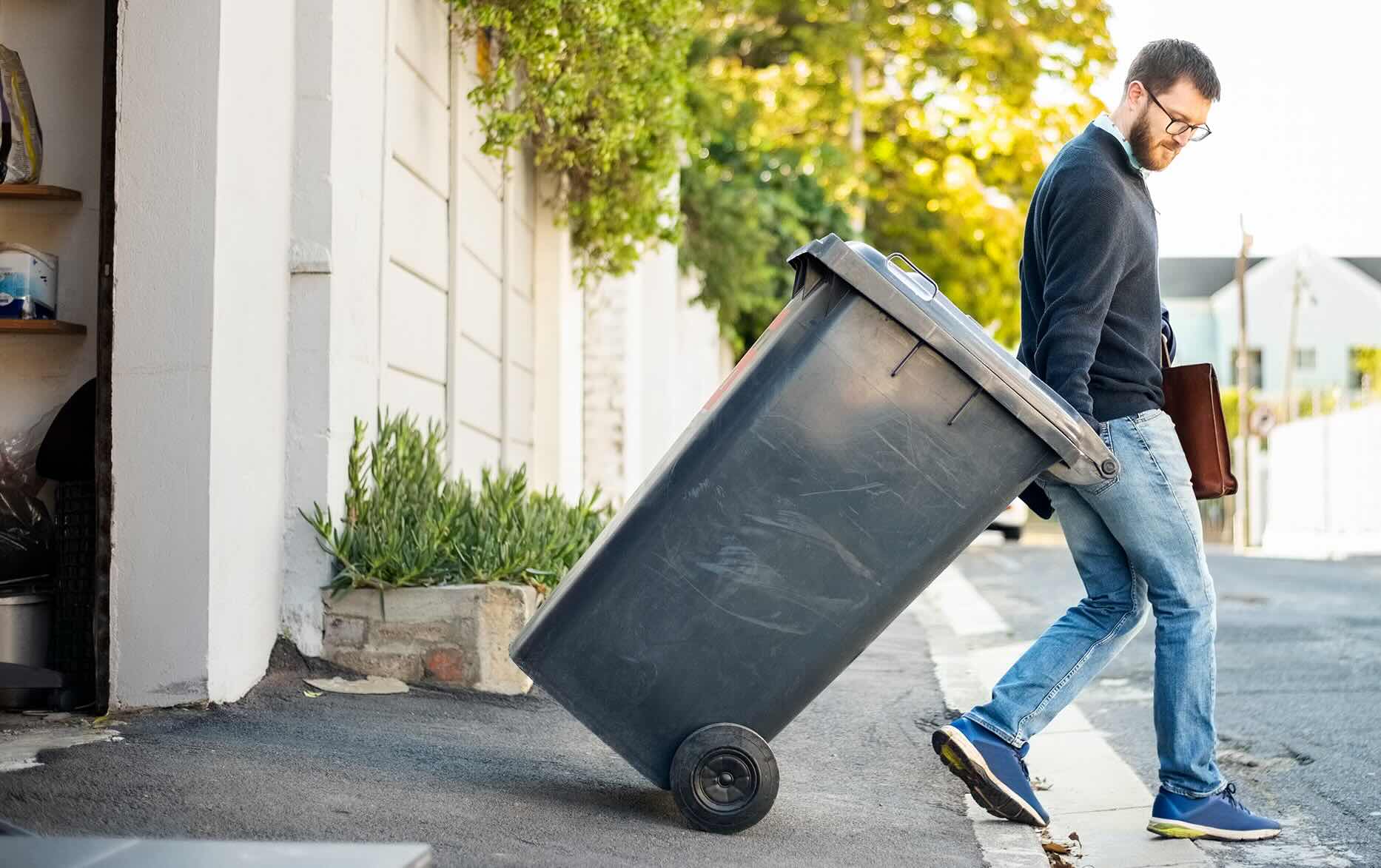
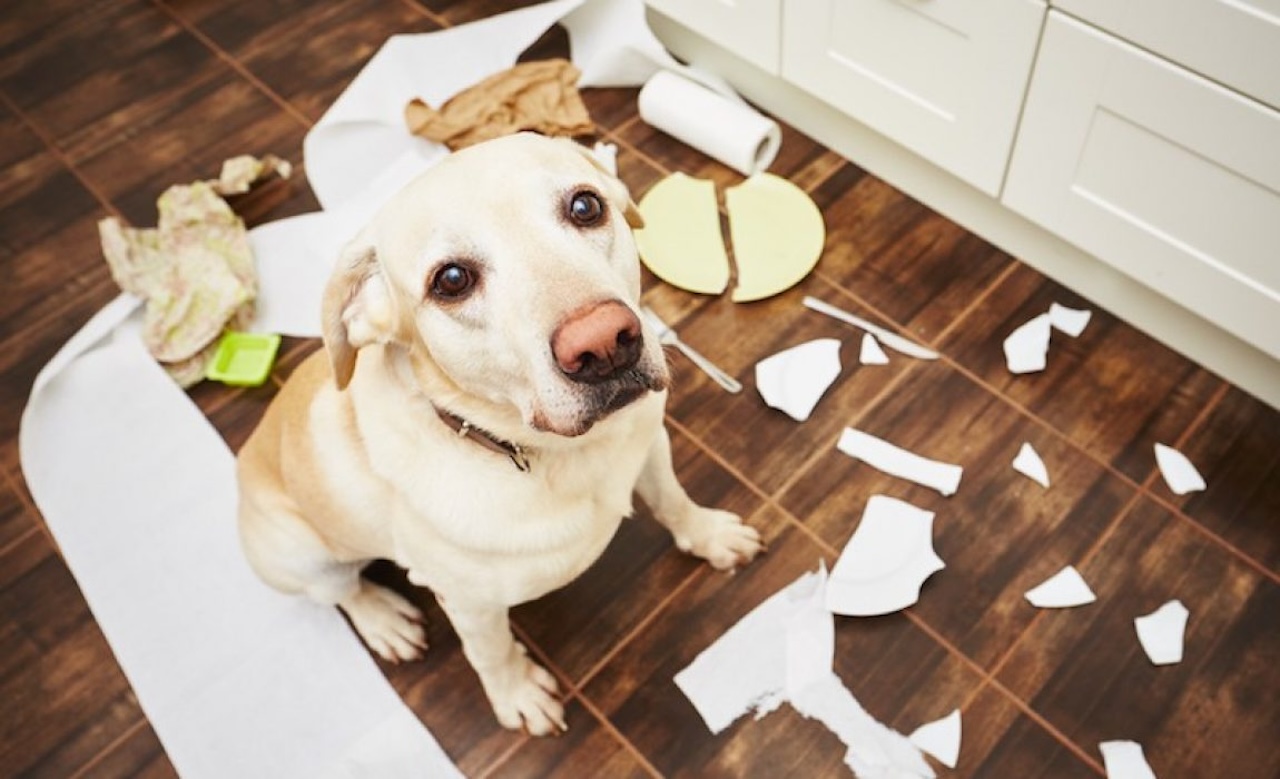
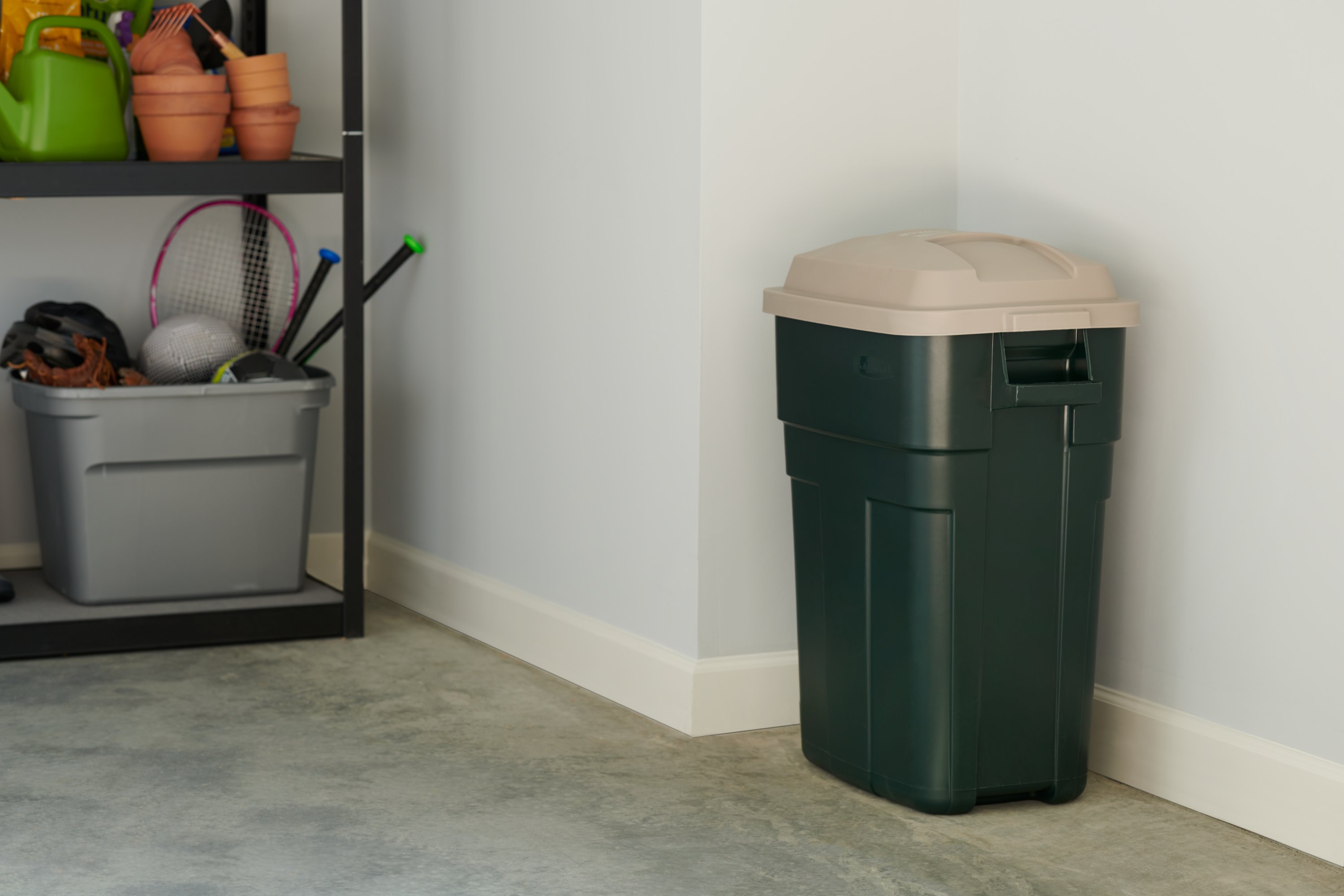
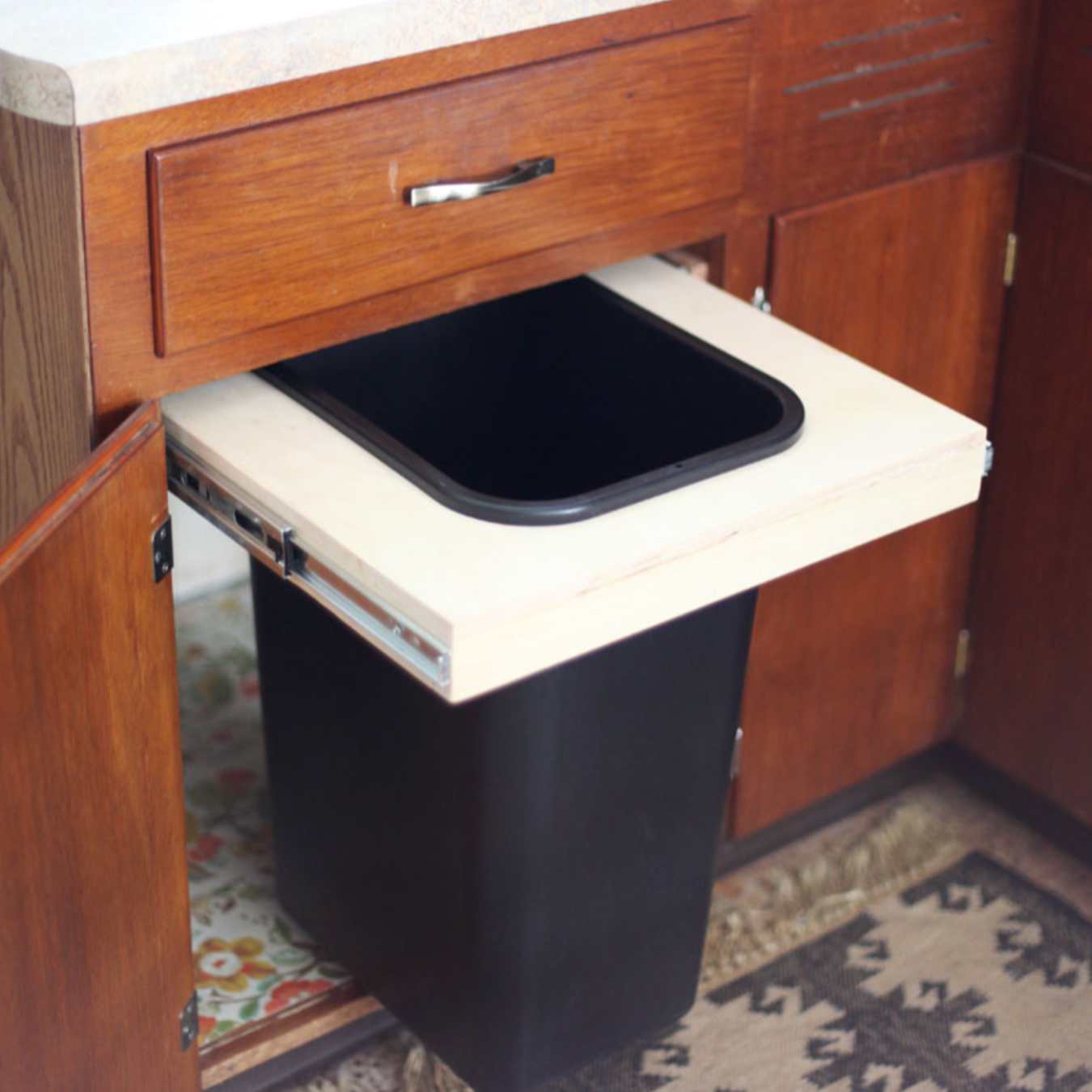
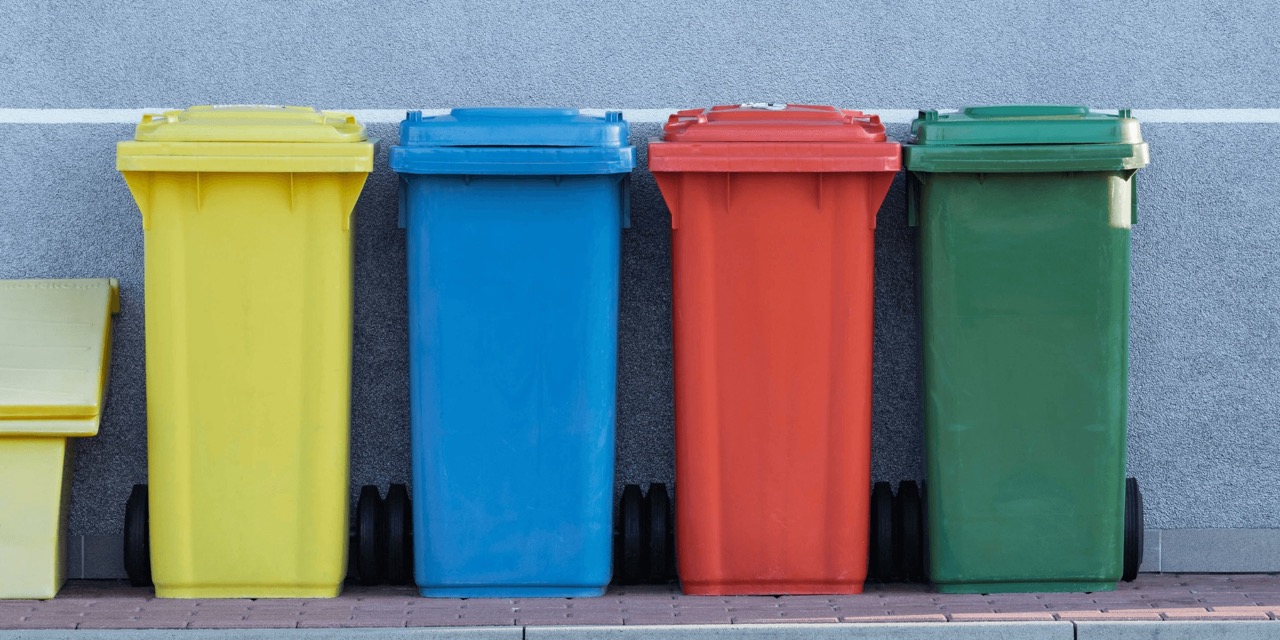
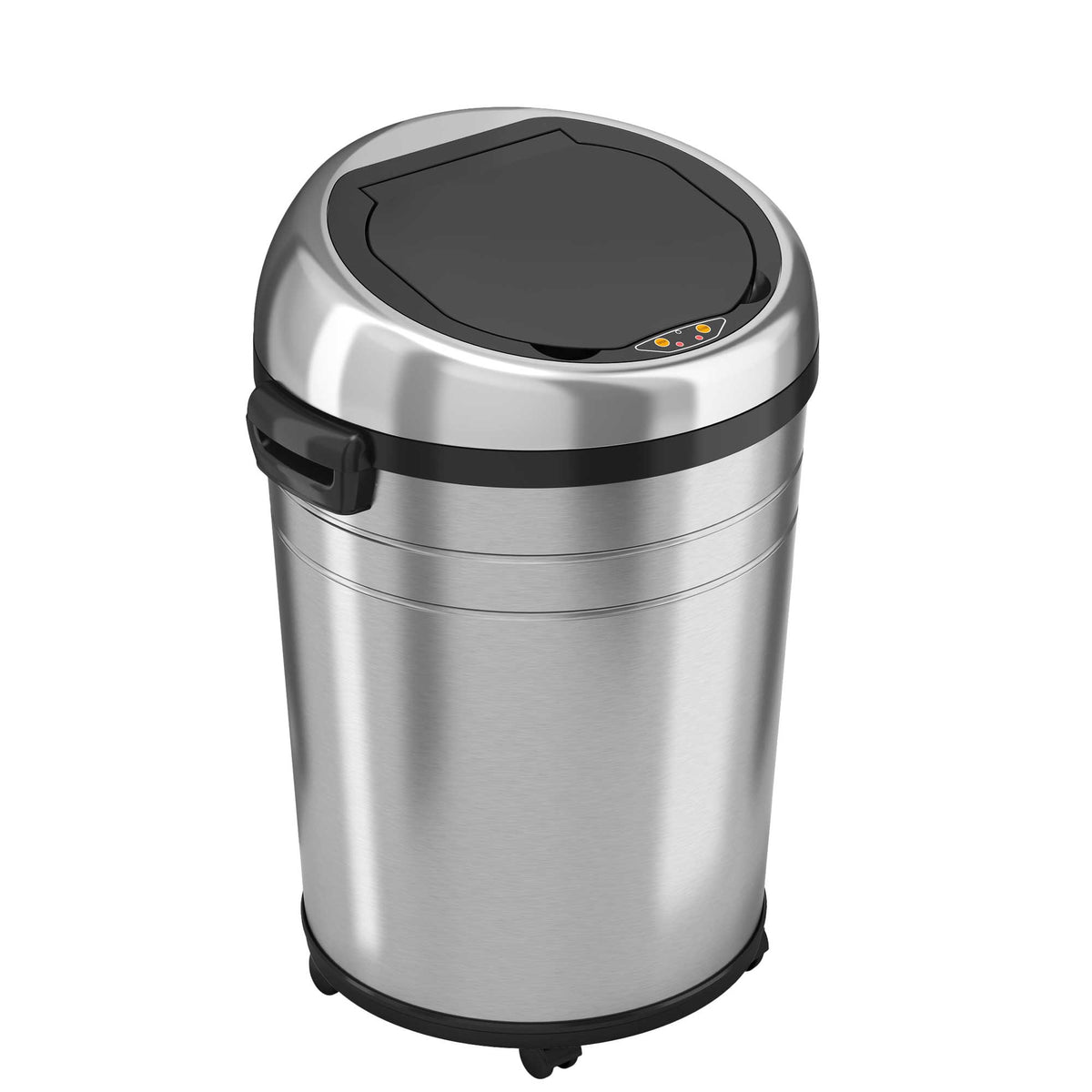
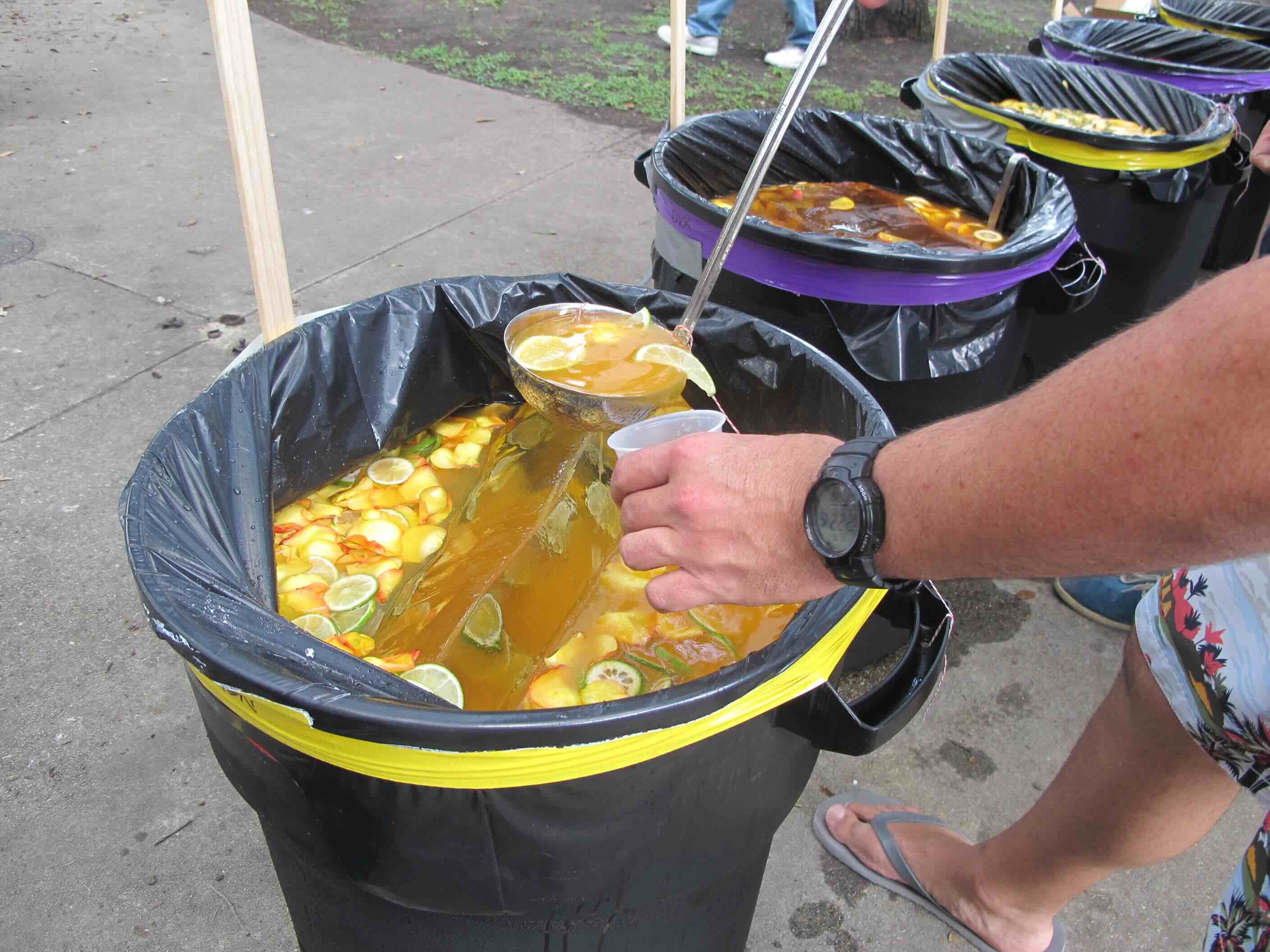
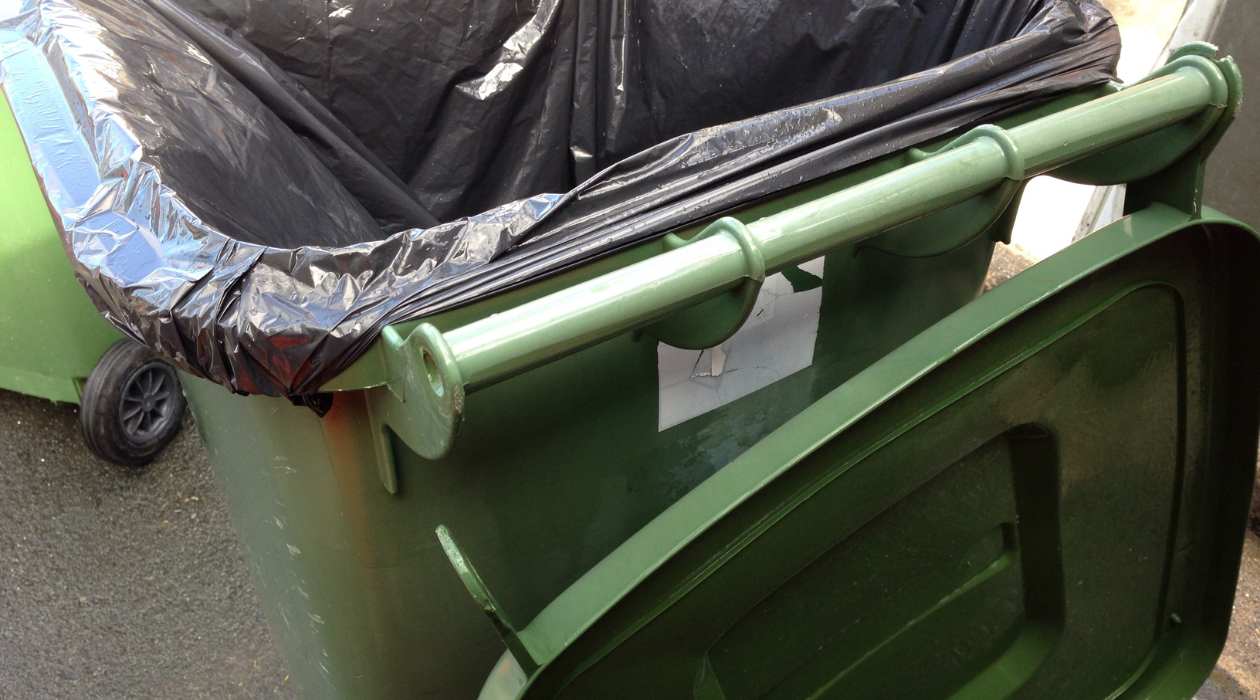

0 thoughts on “How To Racoon Proof Trash Can”